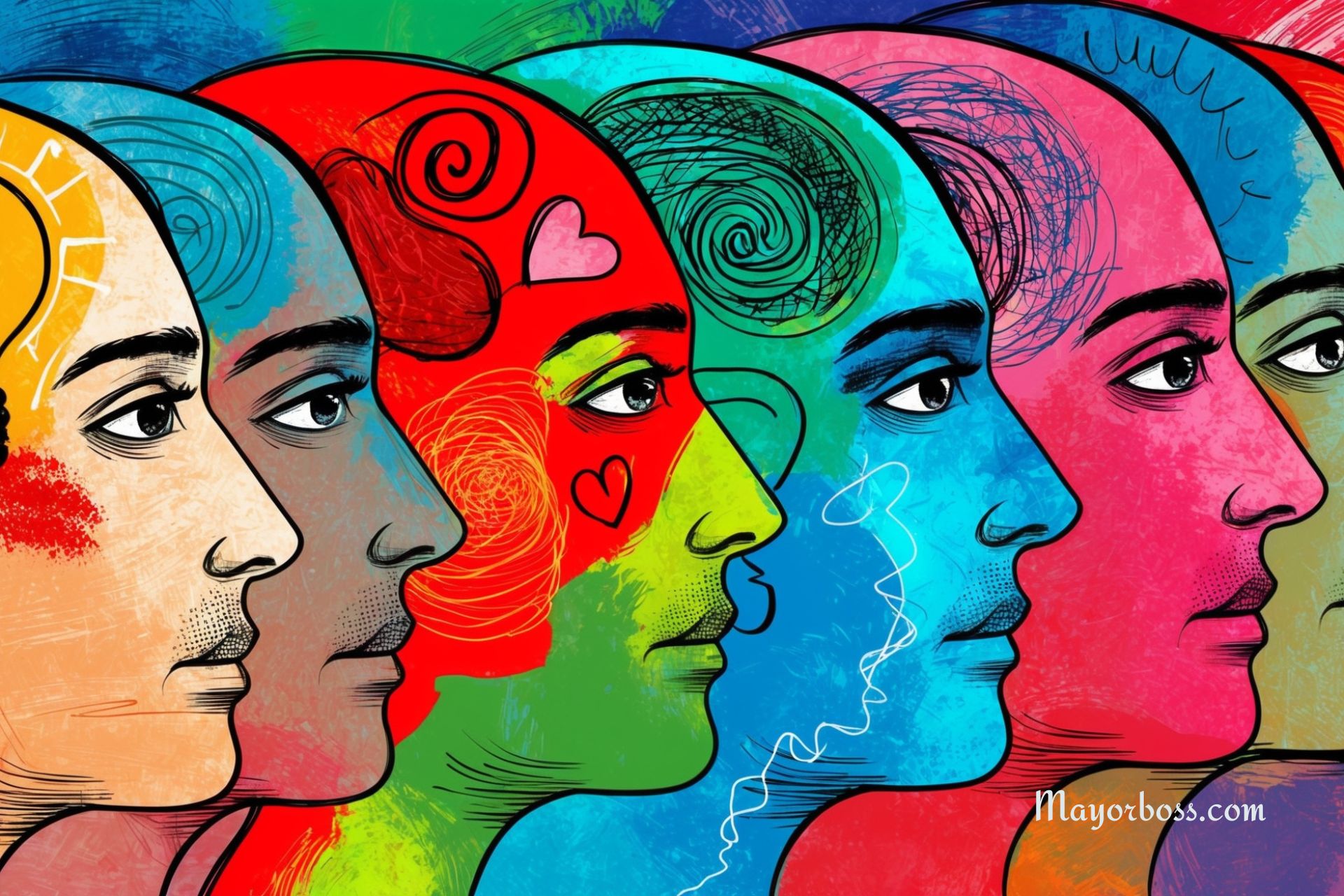6 Causes of Dizzy Spells and How to Treat Them
Dizzy spells can be a confusing and unsettling experience. They might make you feel like you’re spinning, swaying, or losing your balance. There are several reasons you might feel this way, including problems with your inner ear, medications, dehydration, anemia, or even anxiety.
Here’s a closer look at five common causes of dizzy spells and ways you can treat them.

1. Dehydration
When you don’t drink enough water, your blood can become thick and move more slowly. This can mess with the way blood gets to your brain, making you feel dizzy.
How to treat it? The solution is simple: drink more water! If you keep a water bottle with you and take sips throughout the day, it can help.
2. Low Blood Sugar
Low blood sugar can happen when you skip a meal or don’t eat enough. Your brain needs sugar to work right, so when there’s not enough, you might feel weak or dizzy.
How to treat it? Eat a small snack that has some sugar in it. Things like fruit or a piece of bread can help. If this happens a lot, you might want to talk to a doctor about your diet.
3. Inner Ear Infection
Inside your ear, there’s a tiny part that helps you keep your balance. If something’s wrong with it, like an infection, it can make you feel dizzy.
How to treat it? You can talk to a doctor, who might give you some exercises to do or medicines to take. These can help your ear get better and stop the dizziness.
4. Medication Side Effects
Sometimes, medicines you take for other illnesses can make you feel dizzy. For example, antibiotics, antidepressants, blood pressure medications, sedatives, sleeping pills, anti-seizure drugs, and muscle relaxants can cause dizziness.
How to treat it? If you think a medicine is making you feel this way, talk to a pharmacist or doctor. They can tell you if you should keep taking it or if there’s something else you can try.
5. Anxiety and Stress
Anxiety can, in particular, trigger symptoms of dizziness. When you’re really worried or stressed out, your body can react in strange ways. One of those ways might be making you feel dizzy.
How to treat it? Take deep breaths and try to relax. Finding something that calms you down, like reading or listening to music, can help. If it keeps happening, you might want to talk to someone who knows about mental health, like a counselor or a doctor. They can help you figure out what’s going on and how to feel better.
6. Anemia
Anemia is when you don’t have enough healthy red blood cells to carry oxygen to all parts of your body. This lack of oxygen can make you feel tired, weak, and sometimes dizzy. Other symptoms of anemia include shortness of breath, pale or yellowish skin, headaches, and cold hands and feet.
How to treat it? Eating foods rich in iron, like spinach and red meat, can help. Sometimes, doctors might give you iron supplements to take. If anemia keeps bothering you, your doctor will find out why it’s happening and help you fix it. It’s important not to ignore it, as anemia might be a sign of something else going on in your body.
Frequently Asked Questions
Can Dizzy Spells Be Dangerous?
Most of the time, dizzy spells are annoying but not harmful. However, if you get dizzy a lot, or if it happens suddenly and doesn’t go away, it could be a sign of something more serious. Talking to a healthcare provider can help you figure out what’s going on.
What Should I Do If I Feel Dizzy All of a Sudden?
If you feel dizzy all of a sudden, try to sit or lie down right away. This can keep you from falling and getting hurt. If the dizziness keeps happening or doesn’t go away, you should get in touch with a doctor.
Can Kids Get Dizzy Spells Too?
Yes, kids can get dizzy spells just like adults. It might be from playing too hard, getting up too fast, or something else. If a child keeps feeling dizzy, a parent or guardian should talk to a healthcare provider to find out what’s going on.
How Can I Tell If My Dizziness Is Serious?
If you feel dizzy now and then, and it goes away quickly, it’s probably not something to worry about. But if the dizziness is strong, lasts a long time, or comes with other problems like headaches or chest pain, you should talk to a healthcare provider. They can do some tests and ask you questions to figure out what’s happening and how to help you.






